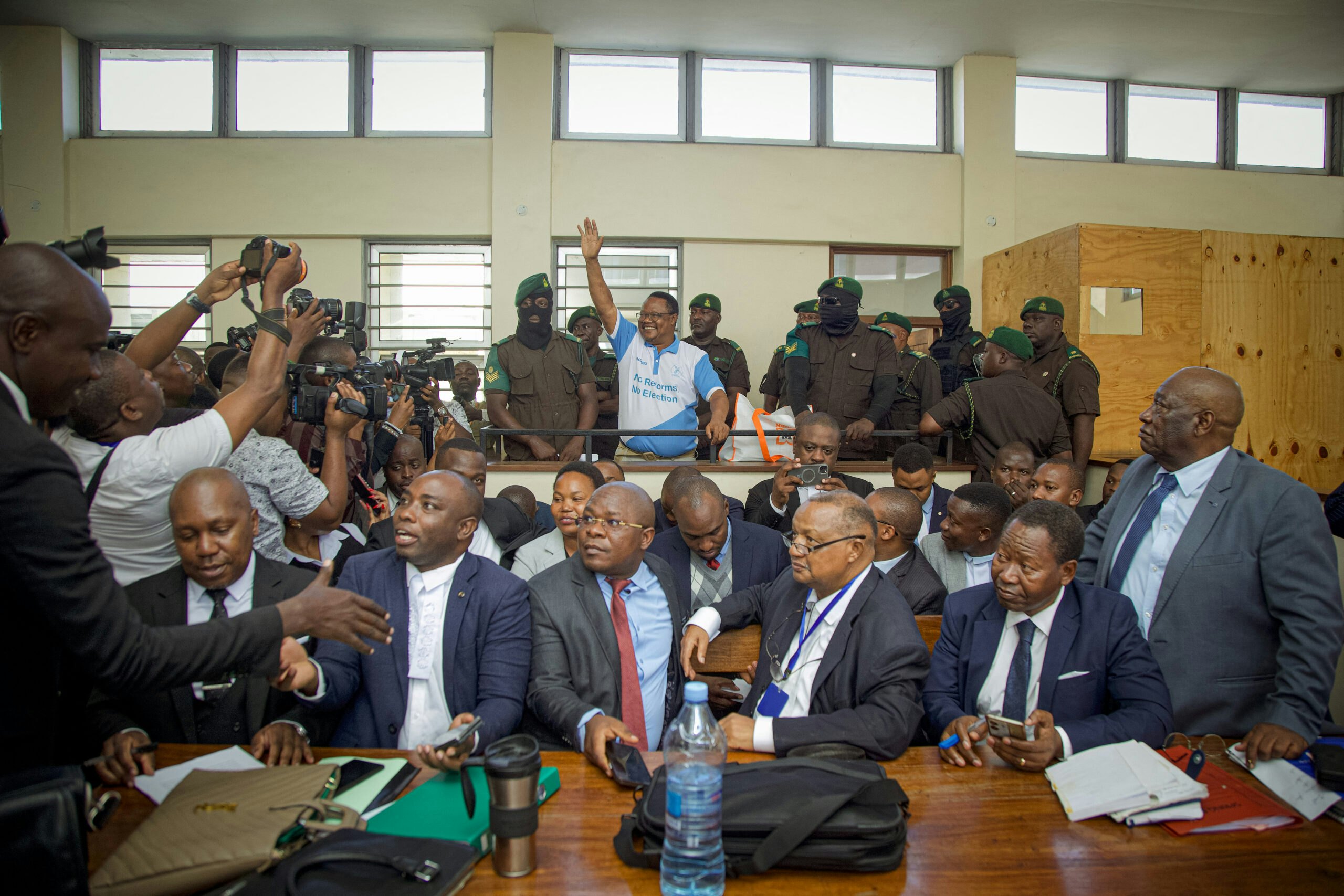During the China-Africa Summit earlier this month, President Xi Jinping announced that China will ramp up investment in Africa, with a pledge of approximately $51 billion over the course of three years.
Finances will cross several sectors, including trade, investment, and security, with funding for over 30 infrastructure, clean energy, and nuclear technology projects.
Why this matters
Nations throughout Africa continue to experience a surge in debt obligations to China, which are laden with terms and conditions that are highly disadvantageous to the borrowers. As of September 2024, Africa’s debt to China is approximately $90 billion.
Chinese financing has reached unsustainable levels across the continent and yet, the total amount continues to increase. According to United Nations Secretary-General Antonio Guterres, the lack of opportunity for debt relief and scarce resources on the continent risk increasing levels of social unrest and instability.
And the outcomes of this financing have yet to trickle down to active youth populations. Some of China’s biggest borrowers like South Africa and Kenya have experienced pushback, unrest, and even violence this year because of recent economic hardship.
After decreasing the amount of loans for the past several years, Xi’s announcement demonstrates that Beijing intends to continue its economic activity across the continent.
Chinese lending structures that lack accountability and transparency and China’s concerning human rights record stand in stark contrast with innovative U.S. foreign assistance programs, including the Millennium Challenge Corporation (MCC) and the President’s Emergency Plan for AIDS Relief (PEPFAR). Unlike Chinese investments, PEPFAR and MCC are built on transparency, accountability, and community engagement.
New innovative financing methods from foreign nations and multilateral organizations need to be developed to increase capital flows entering African countries without infringing upon their ability to fulfill outstanding debts.
What now
The United States has an important role to play and has not prioritized its relationship with African nations. There are several steps the U.S. can take, including:
- Building on existing mechanisms and aid delivery systems in Africa, such as the Millenium Challenge Corporation and Power Africa, which increase public and private investment while combatting economic and social challenges investors see, including corruption and insecurity.
- The U.S. Congress should pass a clean, five-year reauthorization of PEPFAR in 2025 to end HIV as a public health threat by 2030. PEPFAR has saved more than 25 million lives on the African continent and increases economic growth by encouraging larger labor force participation and social engagement in communities while fostering sustainable partnerships that integrate democratic values and emphasize accountability.
- Collaborate with regulators in Africa to improve regulations to meet global business standards and increase transparency, labor laws, and open markets.
- Prioritize growing cities in Africa to create more innovation and business hubs that can partner with major economic cities to create a more economically interconnected continent.
































